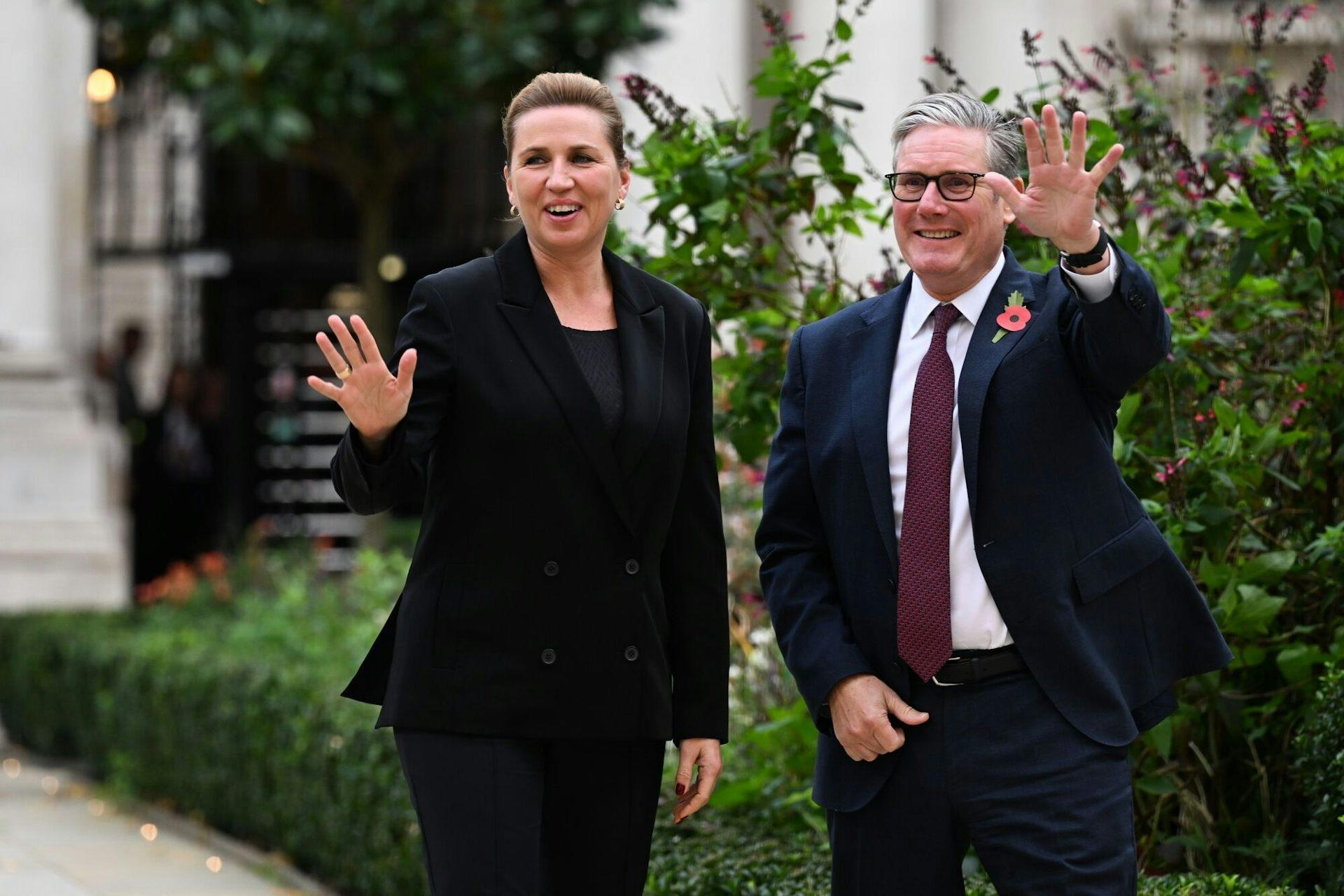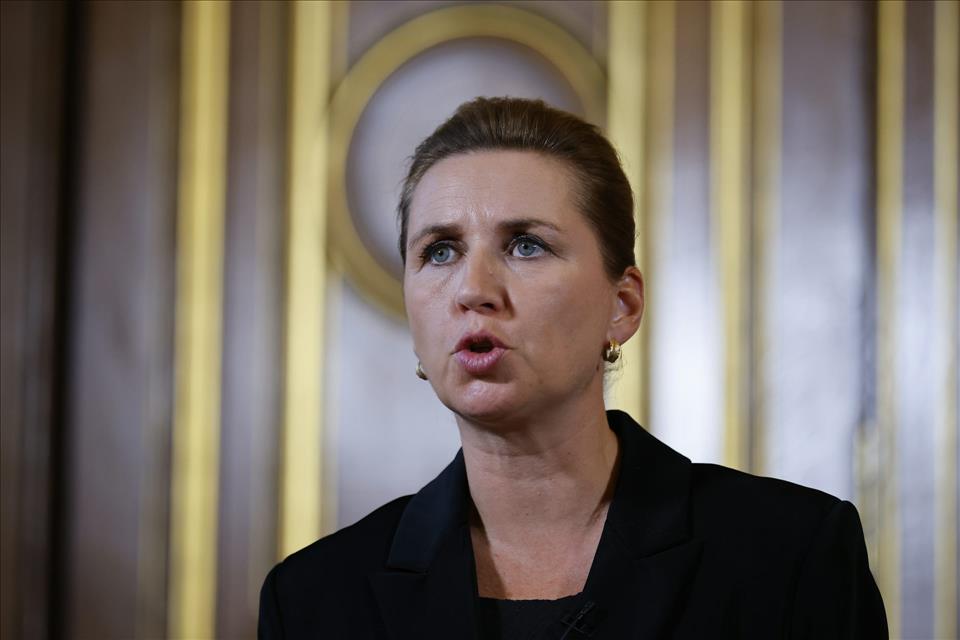
Denmark's Prime Minister Has Led The Country's Hardline Migration Policy Now She Is Trying To Influence The Rest Of Europe
Denmark has some of the strictest asylum legislation in Europe. The country grants only temporary asylum to refugees, regardless of their need for protection. It has tightened laws on family reunion, and introduced policies focused on prioritising deportation, rather than integration.
Frederiksen has justified such policies by pitting the challenges of immigration against the affordability of public services and the welfare state.
Hardline asylum legislation was in place in Denmark before Frederiksen came to power, but has become even more draconian under her administration. In her own words, migration“is challenging Europe, affecting people's lives, and the cohesion of our societies”.
Now, Frederiksen's approach has become a model for other left-wing governments in Europe, including the UK, struggling to address voter concerns about immigration.
Read more: Think twice before copying Denmark's asylum policies
How did a left-wing leader come to lead such a strict migration regime, and how might it influence the rest of Europe?
Danish migration policy has been influenced by the far right for years. Minority coalitions have long depended on the vote of the far right in parliament. Frederiksen won the 2019 elections on a migration agenda almost identical to that of the far-right Danish People ́s party.
The country's asylum policies had already been tightened during the 2015 refugee crisis. New legislation placed restrictions on refugees bringing their families to stay, introduced temporary permits which could be revoked at any time, and placed more demands linked to integration on asylum seekers and immigrants.
In 2018, a law targeting“parallel socieites” came into force, allowing the government to demolish or sell off social housing areas where more than half of residents are from a“non-western” background, if those areas also meet other criteria related to crime and poverty. Refugees in these areas are also not eligible for family reunion.
In 2021 Frederiksen introduced a new deportation law allowing for refugees to be returned to their country of origin if Denmark deemed it safe.
Her government ruled Syria safe for refugees to return to, allowing it to withdraw the residence permits of Syrian refugees. But because Denmark did not have diplomatic relations with the Syrian government to allow deportations, people were taken out of education and employment and put in deportation camps.
In 2021, the European Commission deemed new Danish legislation on transferring asylum seekers to third countries to process asylum claims incompatible with EU law.
But Denmark is in a unique position, having negotiated opt-outs from the Maastricht Treaty in 1992. One of these opt-outs means that Denmark is not bound by EU laws on border control and immigration policy.
Influencing EuropeOver the last few months, Denmark has held the presidency of the Council of the European Union, where migration has been at the top of the agenda.
Frederiksen has used this position to advocate for stricter, Danish-style migration policies across Europe. In her speech at the official opening ceremony for the Danish EU presidency, she said:
Denmark has supported the EU ́s 2024 Pact on Migration and Asylum, which sets out new common rules on managing migration. It prioritises support to border states, with financial support from other EU countries. Its aim is to secure external borders with a faster and more efficient asylum procedure. The pact will be implemented in 2026.

Mette Frederiksen and Keir Starmer at a recent meeting. Chris J. Ratcliffe/EPA-EFE
Denmark's policies have not been without controversy. The country has been criticised by the European Court of Justice, the UN committee against torture, Amnesty International and other international bodies.
But Frederiksen has received some support, including from Italian Prime Minister Giorgia Meloni, who has reached deportation deals with authoritarian regimes and governments like Libya, Tunisia and Egypt.
Frederiksen and Meloni led a group of EU countries pushing for reform of the European convention on human rights to ease deportation. She has also clearly had an influence on Keir Starmer, with the Labour government now seeking to implement Danish-style migration policies.
Fredriksen's ideology and actions have been widely criticised by human rights groups. But they may further Frederiksen ́s meteoric rise to a top position in international politics. She will need it, as her party is set to lose to the parties further to the left in the upcoming local elections.

Legal Disclaimer:
MENAFN provides the
information “as is” without warranty of any kind. We do not accept
any responsibility or liability for the accuracy, content, images,
videos, licenses, completeness, legality, or reliability of the information
contained in this article. If you have any complaints or copyright
issues related to this article, kindly contact the provider above.


















Comments
No comment